25 results in Cambridge Studies in the History and Theory of Politics
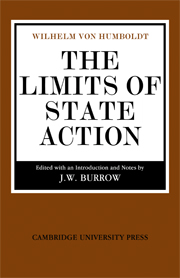
The Limits of State Action
-
- Published online:
- 05 February 2015
- Print publication:
- 01 September 1969
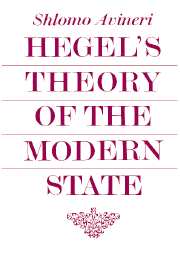
Hegel's Theory of the Modern State
-
- Published online:
- 05 June 2012
- Print publication:
- 14 September 1972
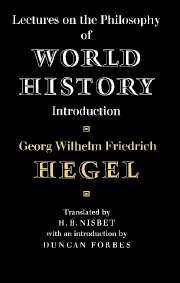
Lectures on the Philosophy of World History
-
- Published online:
- 05 June 2012
- Print publication:
- 03 July 1975
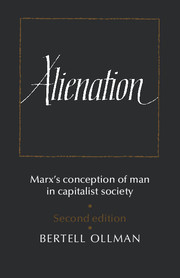
Alienation
- Marx's Conception of Man in a Capitalist Society
-
- Published online:
- 05 June 2012
- Print publication:
- 28 January 1977
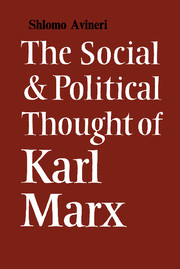
The Social and Political Thought of Karl Marx
-
- Published online:
- 05 June 2012
- Print publication:
- 01 May 1968
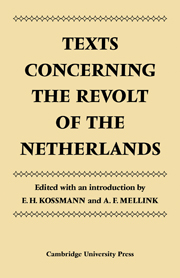
Texts Concerning the Revolt of the Netherlands
-
- Published online:
- 05 February 2012
- Print publication:
- 09 January 1975
Democracy and Religion
- Gladstone and the Liberal Party 1867–1875
-
- Published online:
- 10 January 2011
- Print publication:
- 27 November 1986
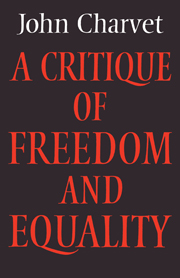
A Critique of Freedom and Equality
-
- Published online:
- 04 August 2010
- Print publication:
- 31 August 1981
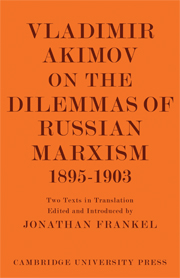
Vladimir Akimov on the Dilemmas of Russian Marxism 1895–1903
- The Second Congress of the Russian Social Democratic Labour Party. A Short History of the Social Democratic Movement in Russia
-
- Published online:
- 04 August 2010
- Print publication:
- 01 May 1969
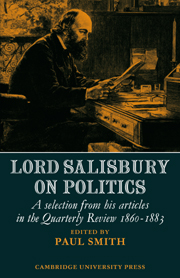
Lord Salisbury on Politics
- A selection from his articles in the Quarterly Review, 1860-1883
-
- Published online:
- 06 July 2010
- Print publication:
- 06 April 1972
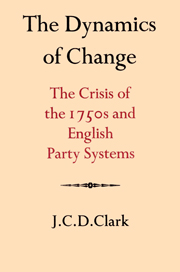
The Dynamics of Change
- The Crisis of the 1750s and English Party Systems
-
- Published online:
- 06 July 2010
- Print publication:
- 06 May 1982

The Liberal Mind 1914-29
-
- Published online:
- 04 May 2010
- Print publication:
- 07 April 1977
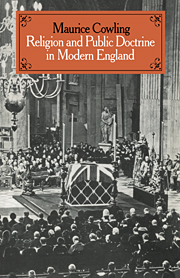
Religion and Public Doctrine in Modern England
-
- Published online:
- 08 March 2010
- Print publication:
- 11 December 1980
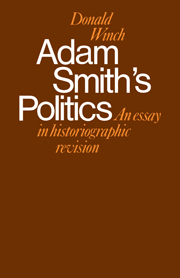
Adam Smith's Politics
- An Essay in Historiographic Revision
-
- Published online:
- 03 February 2010
- Print publication:
- 18 May 1978
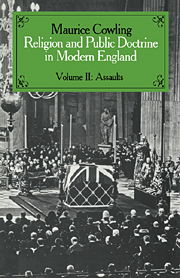
Religion and Public Doctrine in Modern England
-
- Published online:
- 23 December 2009
- Print publication:
- 28 November 1985
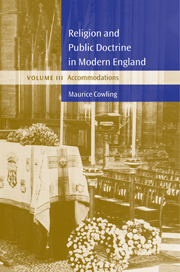
Religion and Public Doctrine in Modern England
-
- Published online:
- 23 December 2009
- Print publication:
- 16 August 2001
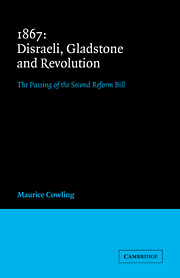
1867 Disraeli, Gladstone and Revolution
- The Passing of the Second Reform Bill
-
- Published online:
- 18 December 2009
- Print publication:
- 01 July 1967
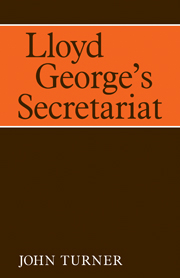
Lloyd George's Secretariat
-
- Published online:
- 23 November 2009
- Print publication:
- 10 April 1980
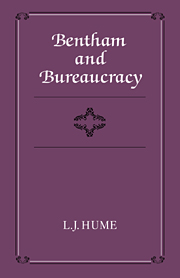
Bentham and Bureaucracy
-
- Published online:
- 18 November 2009
- Print publication:
- 31 August 1981
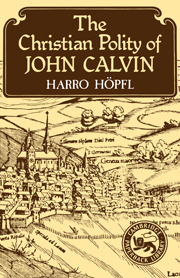
The Christian Polity of John Calvin
-
- Published online:
- 24 October 2009
- Print publication:
- 05 August 1982

